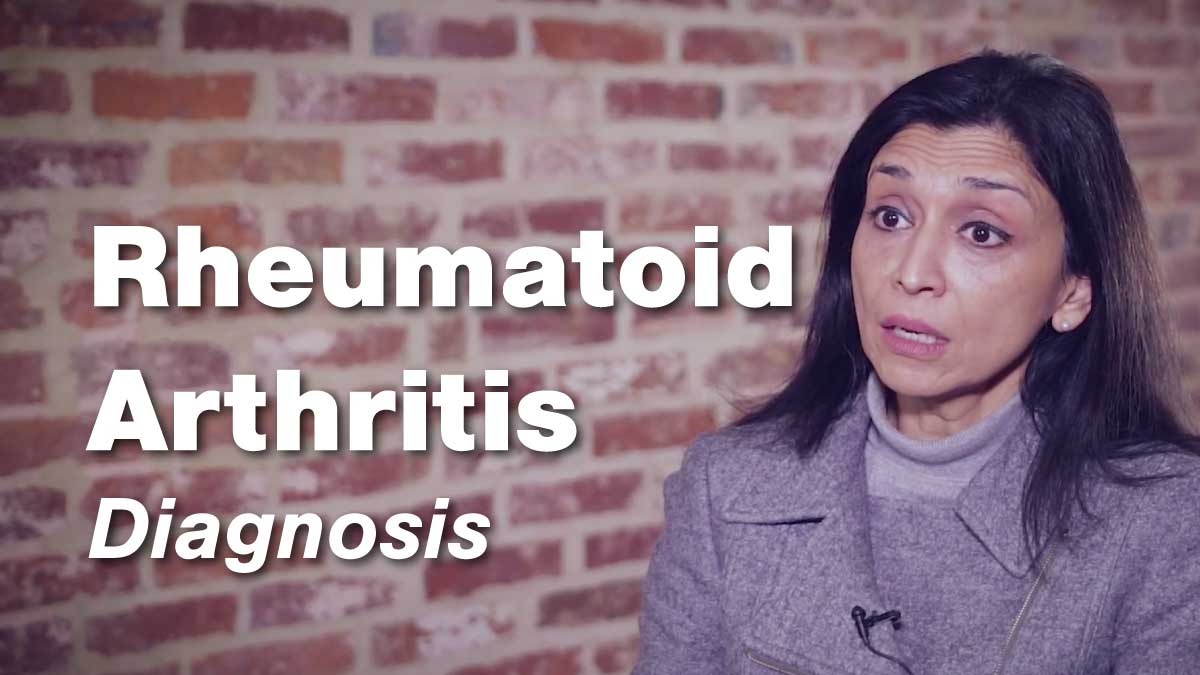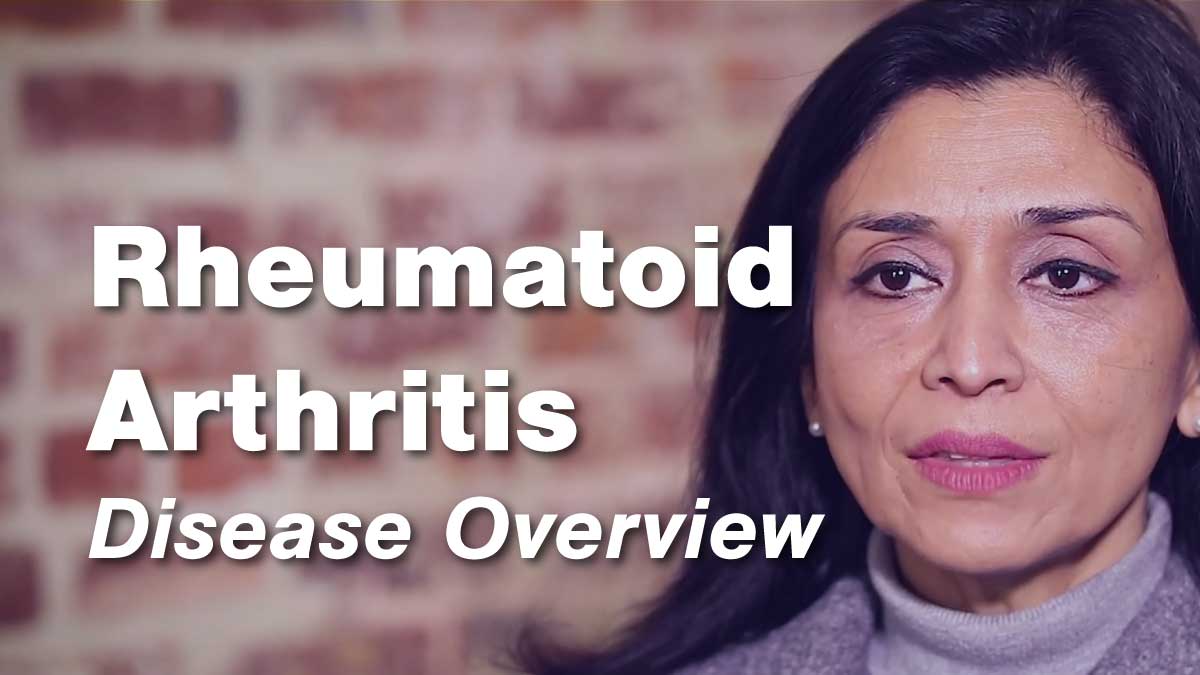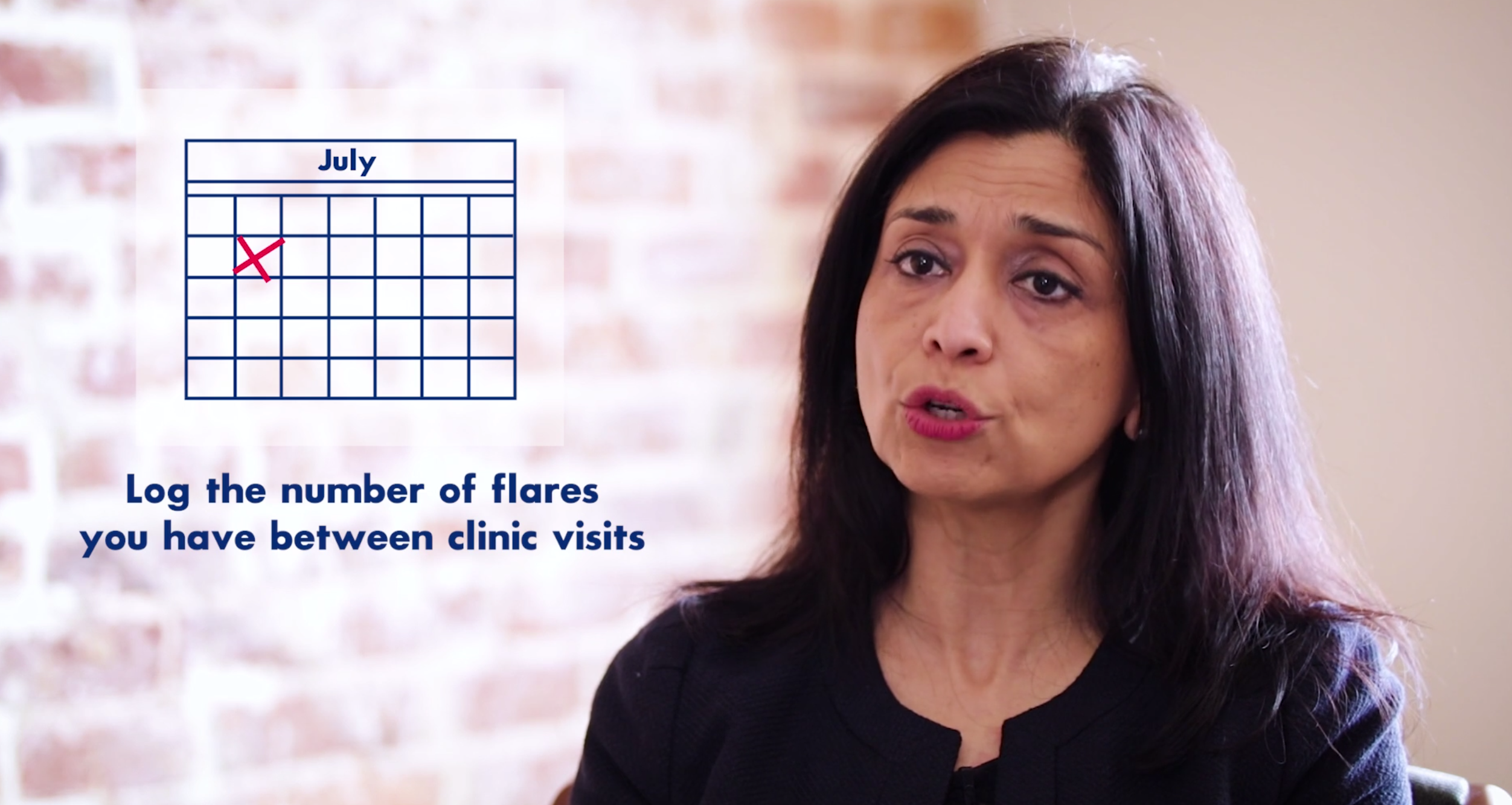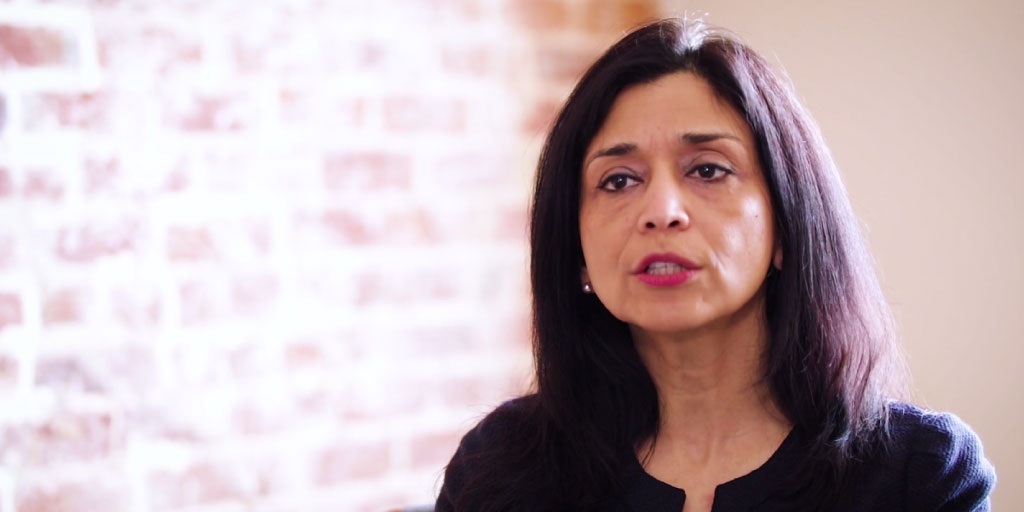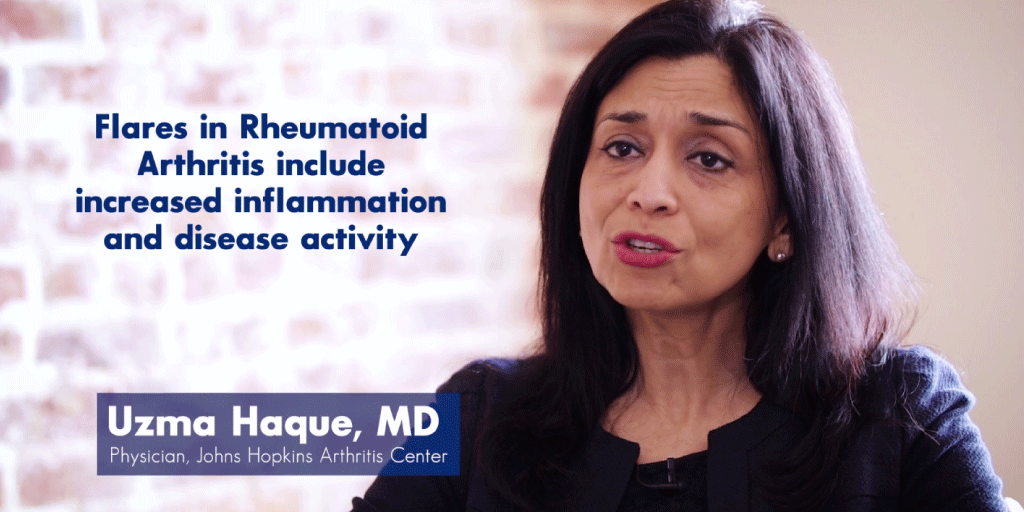
Exercise, eating well, and speaking openly with a rheumatologist can help prevent flares and strengthen joints. In our final episode on Rheumatoid Arthritis, Dr. Uzma Haque, a physician at the Johns Hopkins Arthritis Center, talks about the dangers of elimination diets and the benefits of stretching and exercise.
